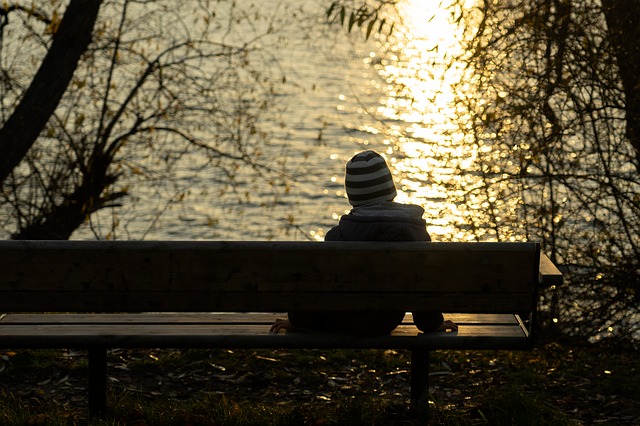Mental Health & Behavior
Psychological issues can make things hard for those who deal with them. They affect not only thoughts and behavior, but can also impact physical health, too. Depression is among the most common mental health condition adolescents face. Stressful times (such as a pandemic) can trigger new, recurring, or worsening symptoms.
Psychological Issues
, , . . , . , , , , .
Psychological Issues
Unfortunately, all these emotional and physical stressors can be triggers for depression. The thing about depression is that it’s more than just a very low mood. It is also characterized by an extreme lack of motivation, even to do things that you previously enjoyed. This can make it hard for the adolescent with depression to do chores, eat on time, or do their schoolwork. Along with school closures and online classes, this is even more complicated.
Psychological Issues
After all, the teen does not have their friends with them, for example, to break up the monotony of classes.This isolation can be devastating for a teen, especially one struggling with depression.
As a parent or guardian of a teen, it’s important to look out for signs of depression. There are risk factors such as a family history of depression, poor diet, and stress, but none of these is a clear-cut cause of depression. After all, depression is a complicated condition. So, the best thing to do is to keep your eyes open.
Psychological Issues
Look out for changes in diet or sleep patterns. Eating or sleeping too much or not enough are red flags. Another symptom is difficulty keeping focus. People with depression often lack motivation and energy, making it hard even to think sometimes. One sign that is easy for parents to misinterpret is irritability and temper issues. Sadness and anger can be connected in the brain, so a teen with depression might act out, unsure how else to deal with the things they are experiencing.
Issue
I say this every time, but it is an important point I never want you to forget: If you suspect your child is struggling with depression, seek a health care professional. Only a qualified person can diagnose and treat these mental health issues.
This professional care is the best thing for your child’s wellbeing.
It’s important to note that even if the professional does not diagnose your teen with depression, they may still provide tools and advice to help you and your teen through whatever made you suspect something was wrong.
Yes, things may rough right now, but we can still fight together for better mental health.




